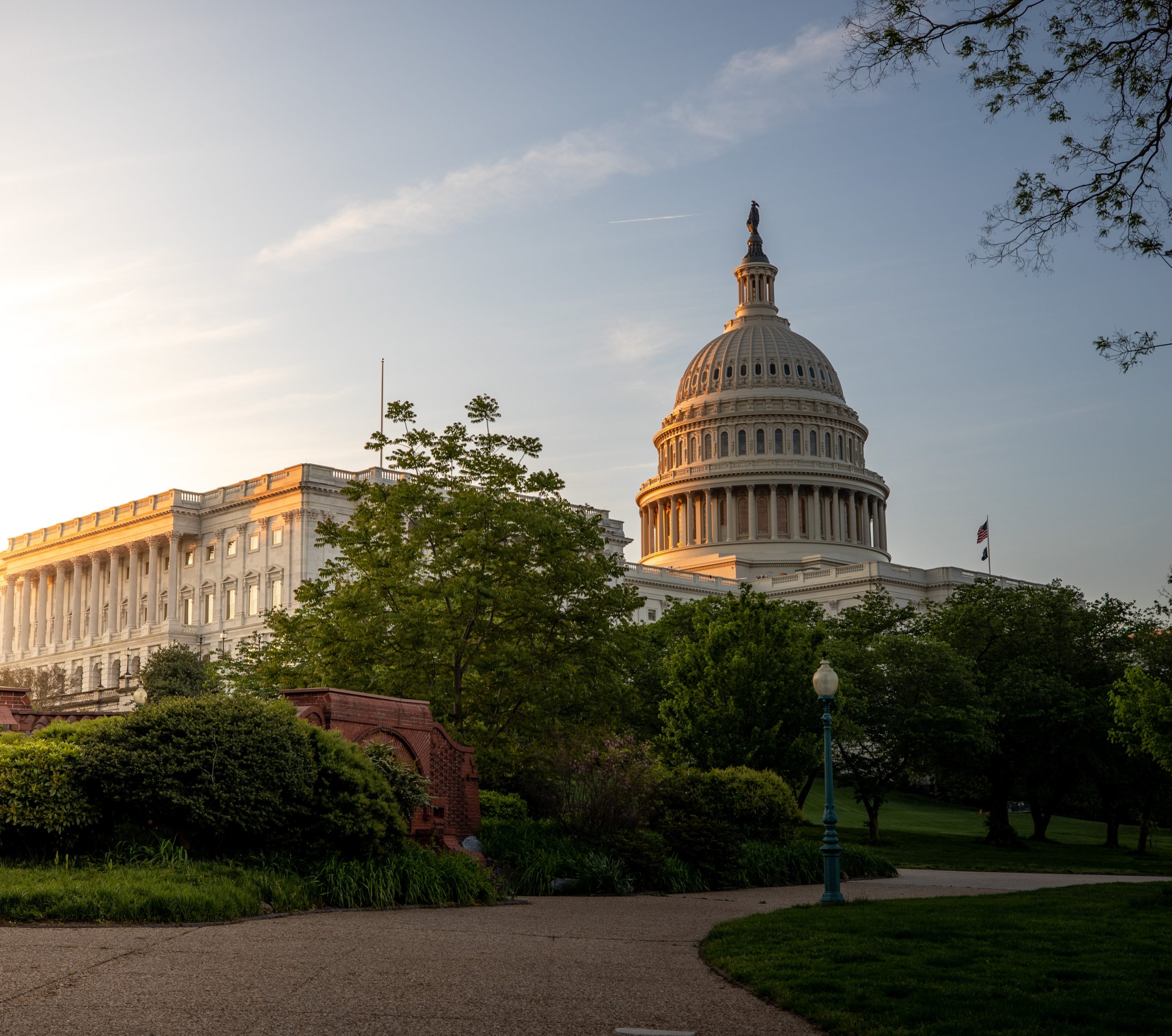In a world where individual rights and societal responsibilities have become increasingly complex, the legal nexus has emerged as a battleground for balancing these two fundamental values. From civil rights to criminal law and from intellectual property to environmental regulation, the tension between individual autonomy and collective welfare is omnipresent in our legal system. As technological advancements continue to reshape our society at an unprecedented pace, this balance becomes even more precarious. In this blog post, we will delve into the intricate interplay between individual rights and societal responsibility within the legal nexus, exploring how it affects different areas of law and what implications it holds for the future of our society. So let’s dive right in!
What is the legal nexus?
The legal nexus refers to the intricate relationship between law, society, and individual rights. It is a complex web of interrelated concepts that shapes our legal system and influences how we interact with one another as members of a larger community.
At its core, the legal nexus seeks to balance the competing interests of individual autonomy and societal welfare. While individual rights are essential for protecting personal freedom and dignity, they must also be balanced against the need to maintain order, protect public health and safety, and promote social justice.
The concept of the legal nexus has evolved over time in response to changing social norms and technological advancements. As societies become more diverse and interconnected through new technologies such as social media platforms or blockchain technology, it becomes increasingly challenging to strike a balance between these two values.
In essence, the legal nexus serves as an important framework for ensuring that our laws reflect our evolving societal values while still protecting individual rights. By navigating this delicate balance effectively, we can create a fairer society that prioritizes both personal autonomy and collective well-being.
The tension between individual rights and societal responsibility
In the legal nexus, there is an inherent tension between individual rights and societal responsibility. Individual rights refer to the freedoms that individuals possess, such as freedom of speech or freedom of religion. Societal responsibility refers to the need for individuals to act in ways that benefit society as a whole.
This tension can be seen across different areas of law. In criminal law, for example, an individual may have the right to remain silent during questioning by police officers. However, this right must be balanced against society’s interest in solving crimes and bringing perpetrators to justice.
Similarly, in environmental law, an individual may have the right to use their property as they see fit. However, this right must be balanced against society’s interest in protecting natural resources and preventing pollution.
Technological advancements further complicate this tension between individual rights and societal responsibility. For example, social media platforms allow individuals unprecedented access to express their opinions freely. However, these same platforms also present challenges related to hate speech and misinformation that can harm society at large.
Moving forward into the future of legal practice will require thoughtful consideration on how best we balance these competing interests while maintaining a fair system of justice for all members of society regardless if they are part of it or not
Individual rights vs. societal responsibility in different areas of the law
Individual rights and societal responsibility are two concepts that often come into conflict in different areas of the law. One example is in criminal law, where an individual’s right to freedom may clash with society’s need for safety. In such cases, the legal system must balance the interests of both parties.
In tort law, individuals have a right to sue if they have been wronged by another person or entity. However, this right must be balanced against the broader societal interest in maintaining economic stability and preventing frivolous lawsuits.
Similarly, in environmental law, individuals may assert their rights to clean air and water while industries claim their right to conduct business without undue interference from regulations aimed at protecting public health and safety.
Balancing individual rights against societal responsibility requires careful consideration of all relevant factors. The courts play an important role in ensuring that these competing interests are weighed appropriately so that justice can be served for everyone involved.
The impact of technological advancement on the legal nexus
The impact of technological advancement on the legal nexus cannot be overstated. Technology has fundamentally changed how we interact with each other, and as a result, it has transformed many areas of the law.
One example is in privacy law. With the rise of social media and big data analytics, individuals have become increasingly concerned about how their personal information is being collected and used by companies. This has led to new laws like GDPR in Europe which aim to give individuals more control over their data.
Another area where technology is having an impact on the legal nexus is in intellectual property law. The ease with which digital content can be copied and distributed online means that traditional copyright protections are no longer sufficient. New laws like the DMCA have been enacted to address these issues.
Technology has also created new opportunities for criminal activity, leading to changes in criminal law. Cybercrime now poses a significant threat to businesses and governments around the world, leading to increased investment in cybersecurity measures.
Technology has made it easier than ever for people from different countries to communicate and do business together. This globalization has led to new challenges for international trade law as countries seek ways to balance competing interests while still promoting economic growth.
Technology continues to shape our society at an unprecedented pace – creating both opportunities and challenges for our legal system along the way.
The future of the legal nexus
As we look towards the future of the legal nexus, it is clear that balancing individual rights and societal responsibility will continue to be a complex and ever-evolving challenge. With new technologies emerging every day, our laws must adapt to ensure that they are protecting both individuals and society as a whole.
It is crucial for lawmakers, legal experts, and society at large to constantly evaluate and re-evaluate our laws in order to maintain this balance. The global pandemic has shown us just how interconnected we all are, highlighting the need for an even greater emphasis on societal responsibility.
As individuals, it’s up to us to recognize our own rights but also understand how those rights impact others around us. As citizens of our respective societies, we have a shared responsibility towards one another which must not be forgotten.
The legal nexus provides us with guidelines for navigating these complex issues. By continuing to engage in thoughtful discourse about individual rights versus societal responsibility across various areas of law from privacy concerns in technology advancements or criminal justice reform initiatives -we can work together towards creating a more equitable future for all members of society.









